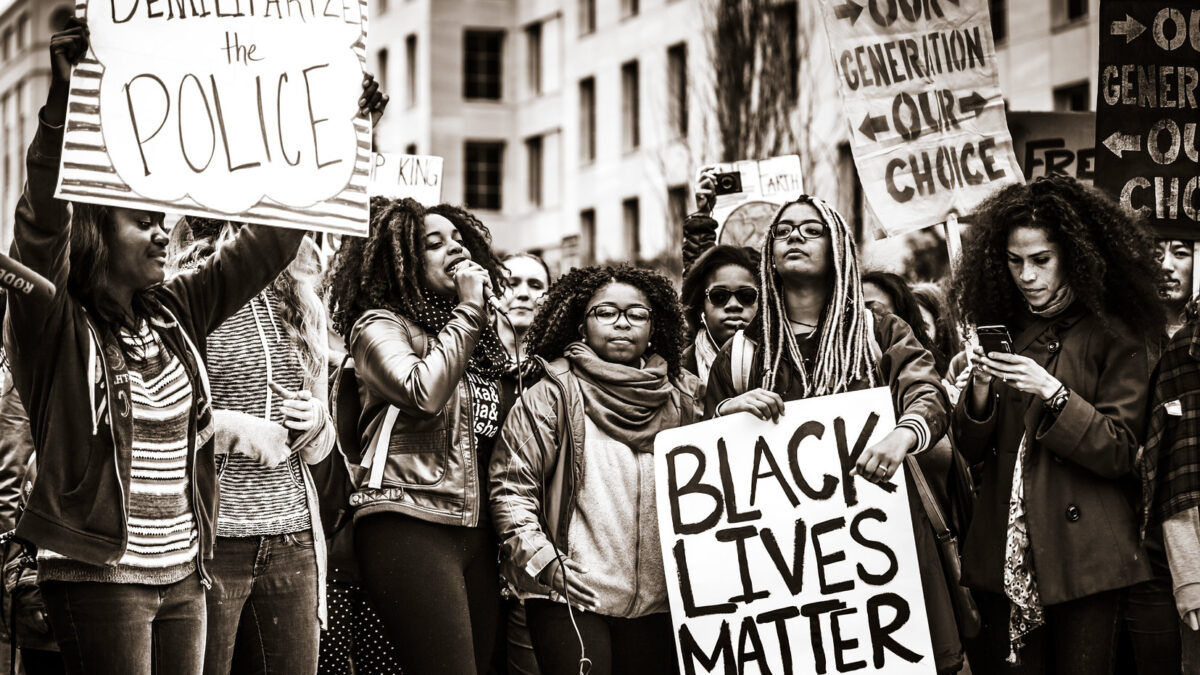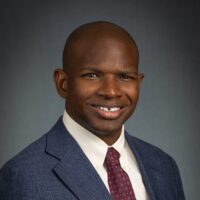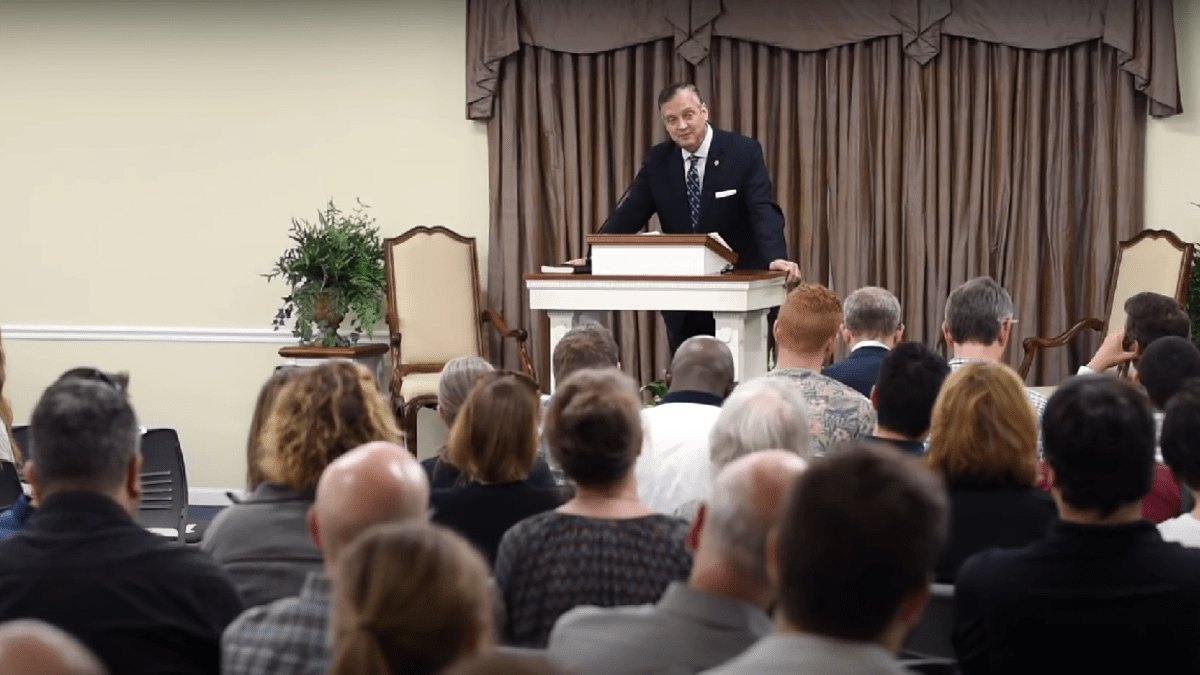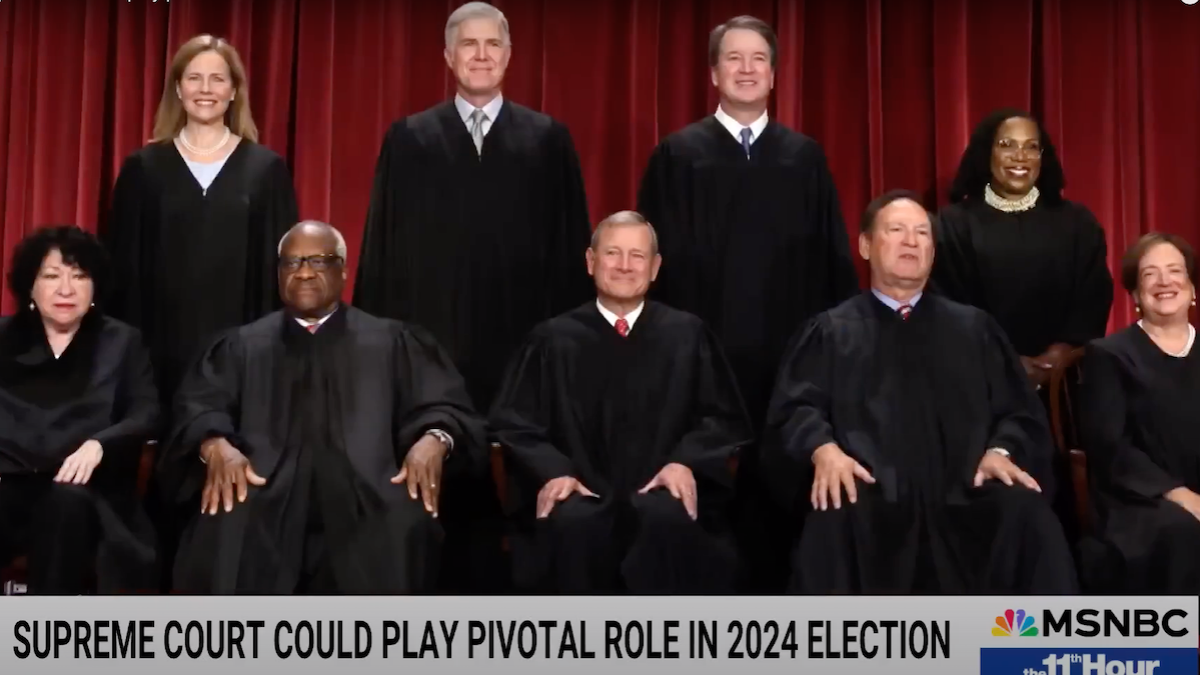Juneteenth is an occasion to celebrate the triumph of America’s abolitionist movement. Though a landmark achievement, the emancipation of black Americans did not end racial injustice in the U.S. Rather Jim Crow segregation necessitated the birth of the civil rights movement a century later, achieving similar success in ending legal racial discrimination. But a key attribute of the success of the abolitionist and civil rights movements was their grounding in Christian virtue.
The church played a central role in these movements, with many civil rights leaders also being leaders in the church. Today, leaders of Black Lives Matter and other black leftists are attempting to usurp the legacy of prior generations of black activism without the Christian ethics that defined it. Absent Christian grounding, BLM, DEI, CRT, and the remaining alphabet soup of racial identity politics have inevitably descended into a grift that has achieved little for black Americans.
Frederick Douglass relied on Christian theology to argue for the emancipation of black slaves. In his autobiography, Douglass observed how his master’s conversion to Christianity actually made the master more cruel because of how the newfound moral certainty affirmed his pro-slavery views. But Douglass dismissed slavery’s proponents as fundamentally unlike Christ, comparing the “Christianity of Christ” that sought justice to the “Christianity of America” that defended slavery. This contrast was powerful to his audiences because it challenged America’s self-perception as a Christian nation, urging Americans to live up to their Christian principles by permanently ending the institution of slavery.
Harriet Tubman earned the nickname “Black Moses” by conjuring the ancient Hebrews’ exodus from captivity during her work transporting slaves to freedom in northern free states. Raised in the Methodist Church, Tubman claims a vision from God inspired her to organize the Underground Railroad. Common stophouses on the secret trail comprised churches stowing fugitive slaves in basements and attics to evade slave catchers in coordination with local pastors and parishioners.
After the abolition of slavery, the church remained a central part of the civil rights movement almost a century later. Though Rev. Martin Luther King Jr. was the leader and most public figurehead of the fight to end Jim Crow, his efforts were supported by thousands of pastors throughout the country. The black church was such a central feature of the civil rights movement that black churches were often targets of terrorism by white supremacists, with the bombing of the 16th Street Baptist Church in Birmingham, Alabama, that killed four young girls being among the most tragic examples.
King’s oratory and writings evoked Christianity. Despite facing persistent violence, King’s insistence on nonviolent resistance derived directly from Christ’s command to turn the other cheek when evildoers harm you. Pleading with American Christians to take a stand for justice, in his letter from a Birmingham jail, King evoked the early church’s response to hostility not dissimilar to the injustices of the segregated South:
There was a time when the church was very powerful — in the time when the early Christians rejoiced at being deemed worthy to suffer for what they believed. In those days the church was not merely a thermometer that recorded the ideas and principles of popular opinion; it was a thermostat that transformed the mores of society. Whenever the early Christians entered a town, the people in power became disturbed and immediately sought to convict the Christians for being “disturbers of the peace” and “outside agitators.” But the Christians pressed on, in the conviction that they were “a colony of heaven,” called to obey God rather than man.
This call to action resonated with Americans because it was grounded in a shared appeal to stand for Christ.
In comparison to Frederick Douglass, Harriet Tubman, and Rev. Martin Luther King’s shared grounding in Christianity to defeat slavery and segregation, contemporary black activists are devoid of religion.
Having abandoned the church, black leftists have found refuge in the academy. Replacing Christianity, critical race theory is now the driving ideology of black leftists. Ibram X. Kendi is arguably the most prominent proponent of CRT, writing numerous books and articles arguing that whites are irredeemably racist and that blacks are eternally oppressed in America. Nikole Hannah-Jones built her career in journalism, but once racial identity politics became a national obsession, she quickly found a home in academia, where she continues to promote historical revisionism about the history of slavery in America.
Further repudiating the Christianity of their predecessors, Black Lives Matter has rejected nonviolence as an organizing principle, as evidenced by the destructive 2020 riots that decimated cities across the country.
While Douglass, Tubman, and King fought to abolish slavery and segregation, BLM aims to abolish the nuclear family. BLM’s statement of principles included a call to abolish the nuclear family but was eventually erased from the website after public backlash. The nuclear family is the greatest source of stability for black people. Black families that feature both a father and a mother in the home diminish almost all socioeconomic disparities with their white peers. But of course, BLM’s desire to destroy black Americans’ primary means of upward mobility is merely reflective of their anti-Christian core.
Arguably, academia’s uprooting of the church as the center of black activism among leftists might merely be a reflection of shifting attitudes toward religion as church attendance among black protestants witnesses a rapid decline. The results are predictable. The contemporary black left has accomplished nothing but enriching its protagonists while worsening racial relations in the U.S. While blacks have achieved political equality, black communities are disproportionately consumed by crime and poverty compared to other racial demographics.
But there is another way forward. A black political activism grounded in Jesus Christ would repudiate violence and instead focus on rebuilding the black family. Black leaders can help end the cycle by rejecting the victimhood narrative in favor of a message of empowerment. This message can be found by reclaiming Christian virtues: Rebuild the family, serve your community, and choose a culture of life over a culture of death.
Fortunately, black political leadership need not be ceded to faithless leftists. There is a rising class of leaders eager to offer black Americans a new path forward based on faith, community, and opportunity. Ian Rowe, a founder of charter schools in the Bronx, has promoted the FREE agenda to empower individuals to assume agency over their lives. The Jack Brewer Foundation has donated millions of dollars toward rebuilding the black family by preparing men for fatherhood. In turn, these messages are beginning to resonate with black voters, who are abandoning their long-standing loyalties to the Democrat Party.
This Juneteenth, all Americans should draw inspiration from the leaders of the abolitionist and civil rights movement to drive America toward fulfilling its founding promise that all men are created equal and endowed with inalienable rights from God. Prior generations of black leaders achieved social progress by appealing to America’s shared Christian heritage. But black political activism without Christianity has no moral foundation to justify its objectives, inevitably resulting in morally bankrupt activism. Therefore, to achieve further enhancements for the black community, black leaders must recommit themselves to Christ.






